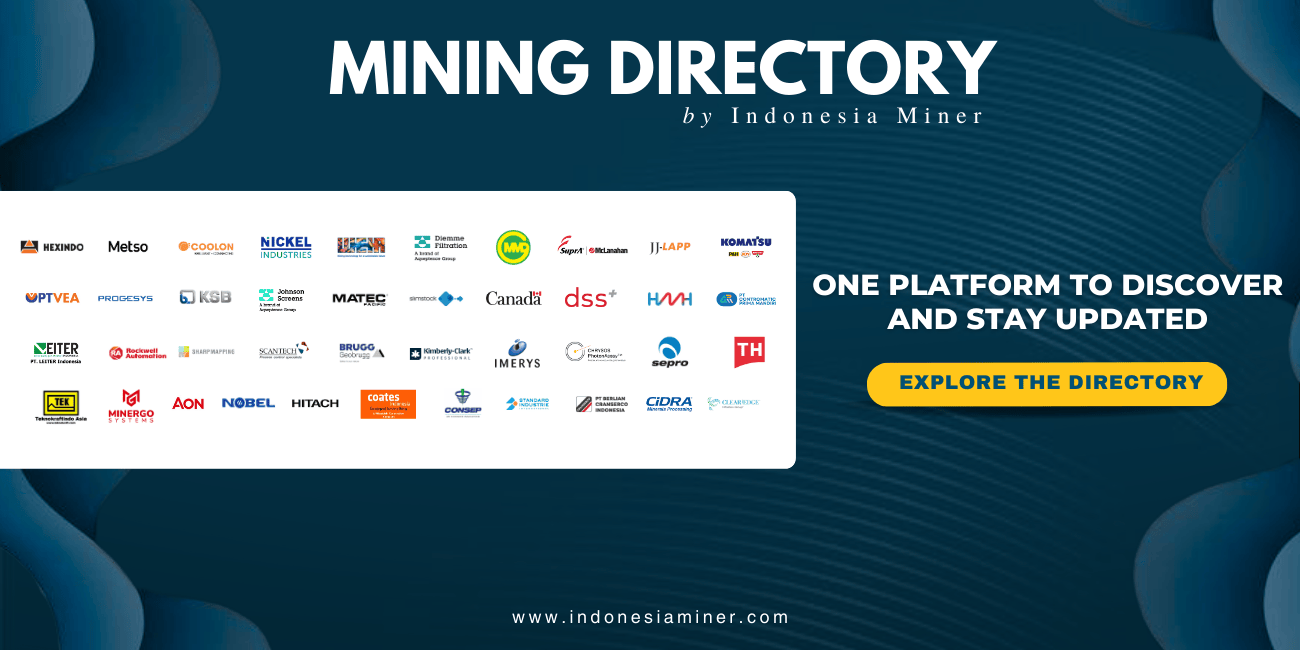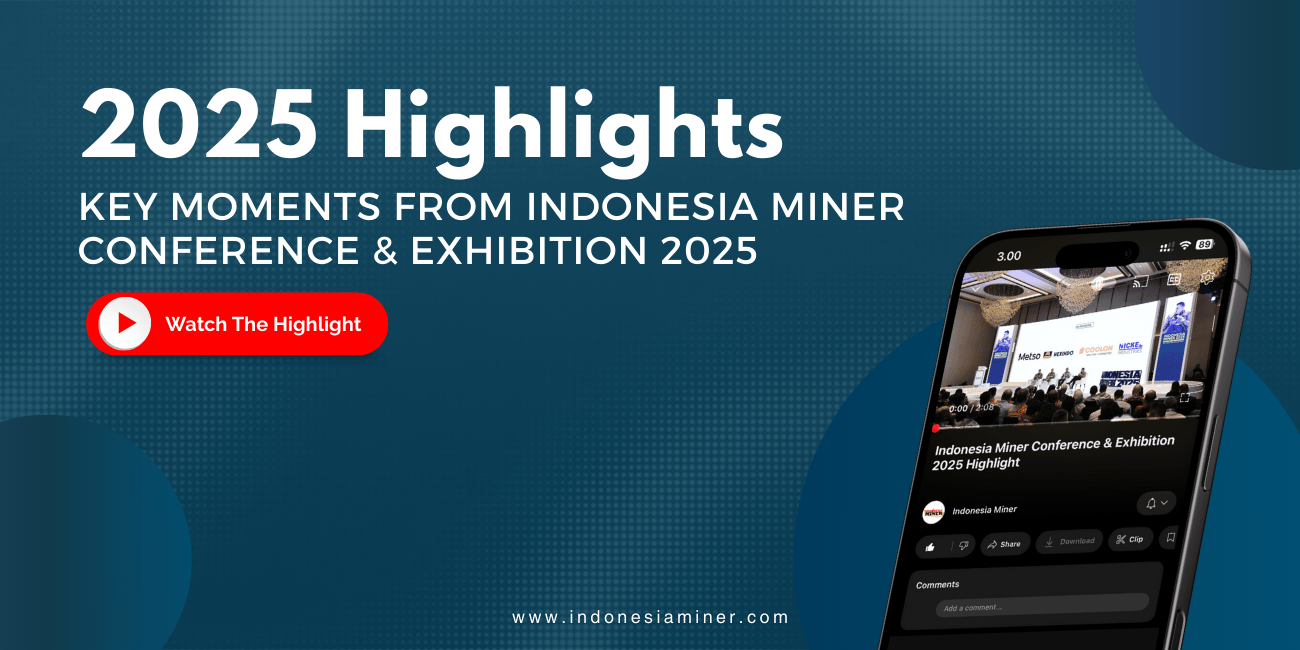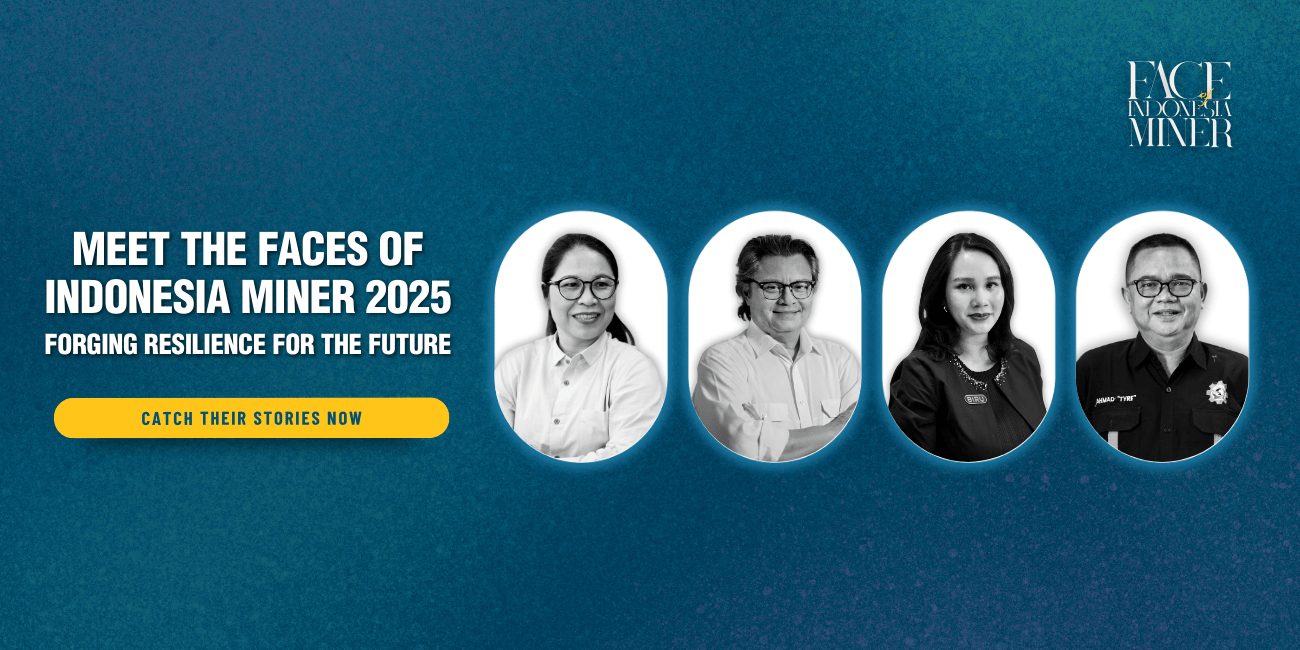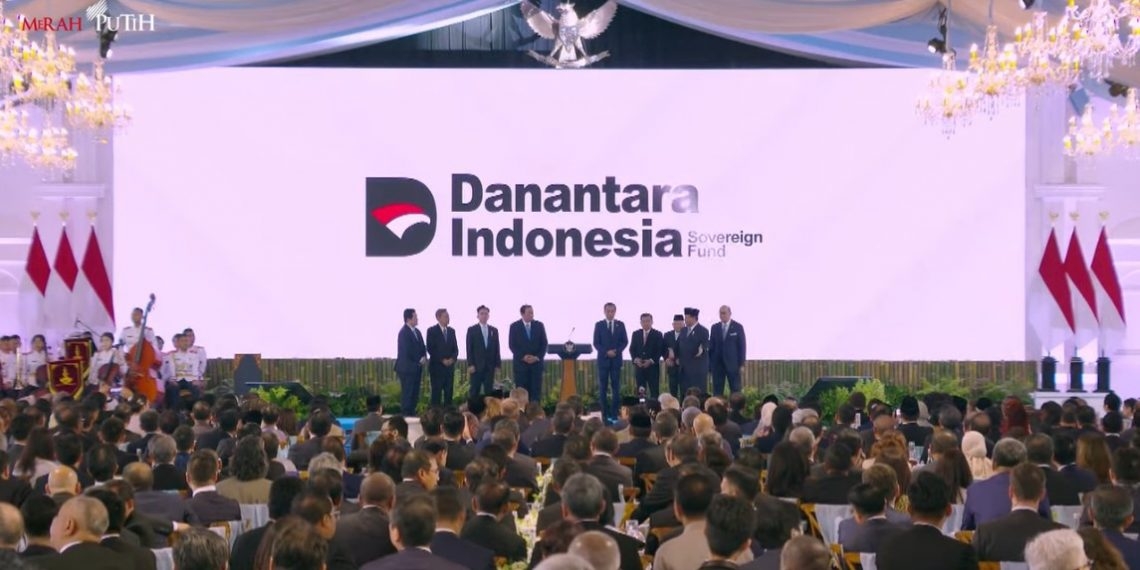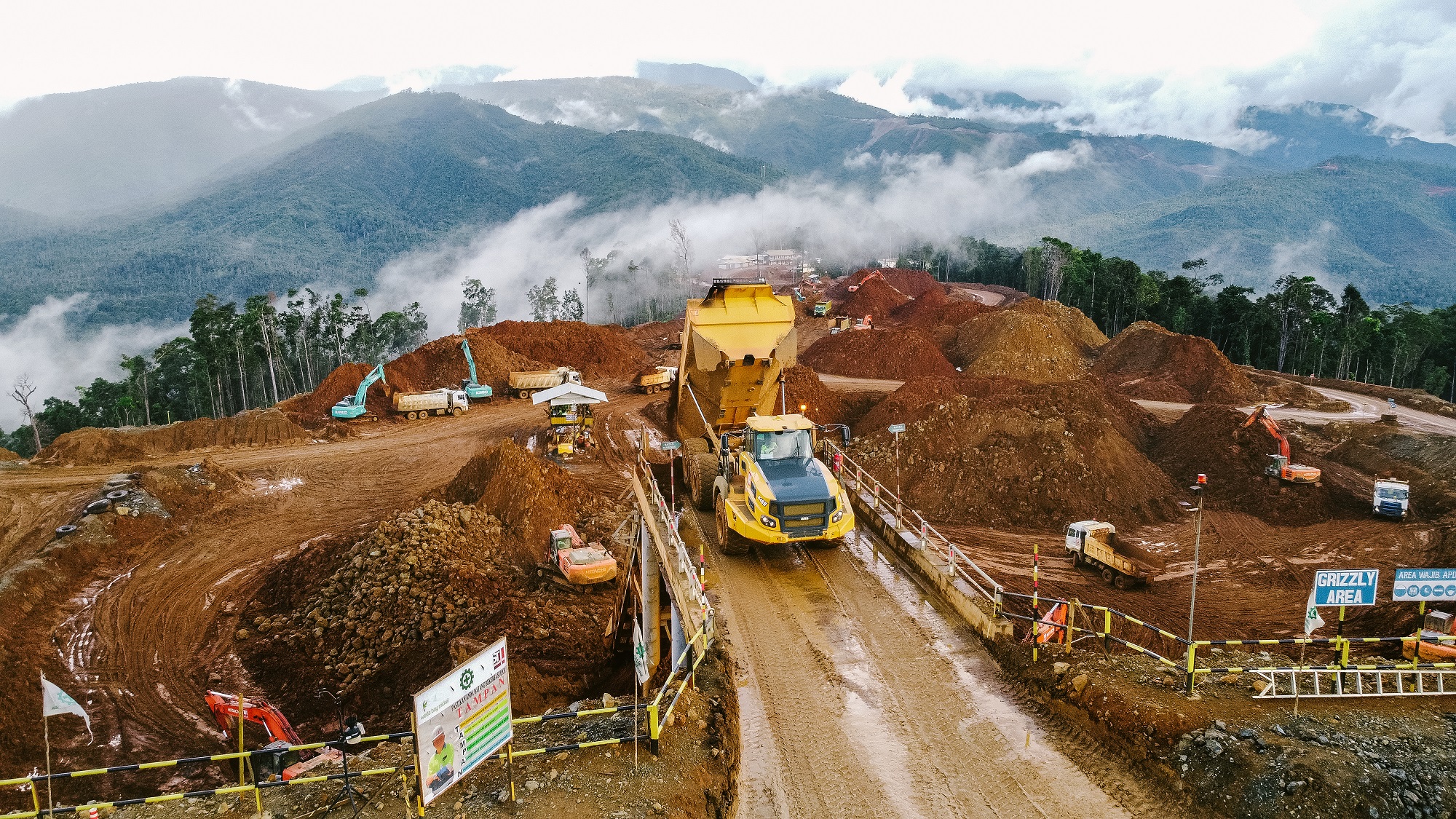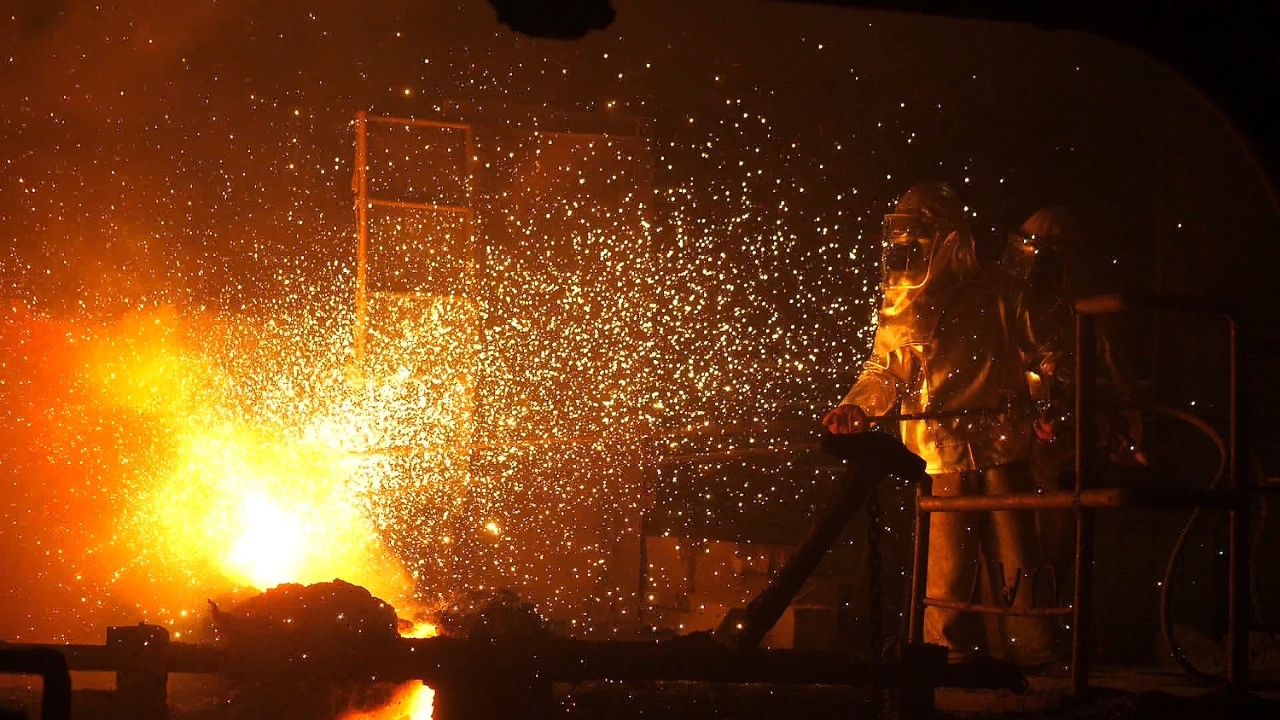Mitra Murni Perkasa Smelter in Balikpapan Targeted for Full Production by 2026
Sun 28 Sep 2025, 11:29 AM
Share
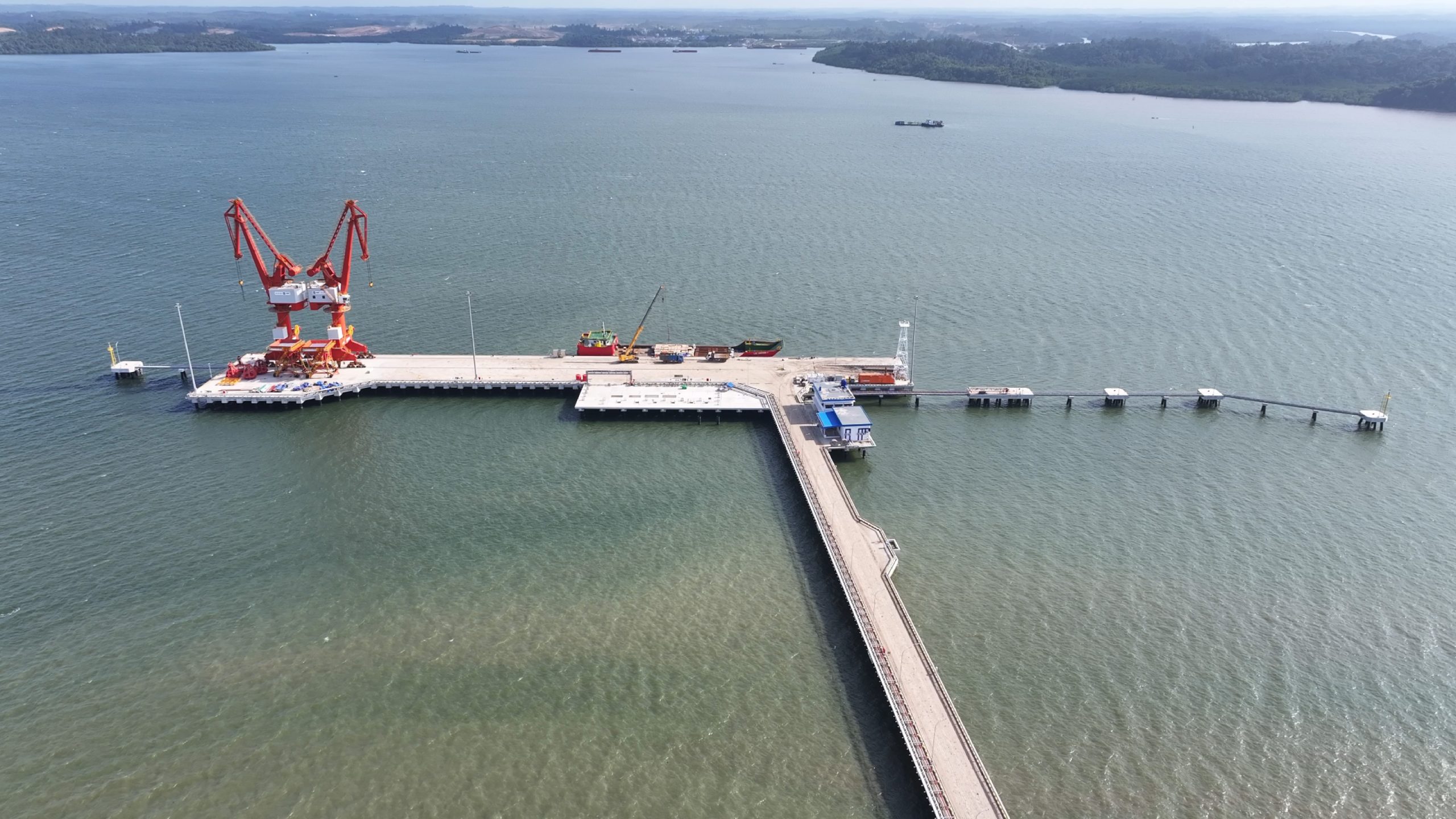
PT Mitra Murni Perkasa (MMP) Balikpapan is slated to be fully operational to produce nickel matte in 2026.
MMP’s Head of Business Development, Amando Kaligis, explained that the smelter is currently in the commissioning stage, which is targeted for completion in the fourth quarter of 2025.
“The commissioning phase should take around three to four months, so by the first quarter of 2026 we expect to reach full-scale production,” Amando told the media on Sunday (September 28, 2025).
At full production, MMP targets processing 21,000 tons of nickel per year, yielding 27,000–28,000 tons of nickel matte.
According to Amando, the nickel matte market is substantial, particularly for exports to China, Japan, and several other countries. Nickel matte is a key component in the raw materials for electric-vehicle batteries.
Amando noted that MMP is among the first nickel matte smelters in Indonesia backed 100% by domestic investors, established to support downstreaming that creates added value and jobs.
He said the smelter—built in the heart of Balikpapan—has a low-carbon footprint, supported by 2×48 MVA RKEF technology regarded as ESG-friendly.
Environmentally responsible operations are also reflected in the use of electricity from the existing PLN grid with RECs, contributing to clean energy and supporting NZE targets.
Regarding the current decline in nickel prices, Amando said this reflects corrective dynamics in the global market cycle rather than a sign of structural failure.
Key drivers of the price drop include a slowdown in EV demand growth, a surge in supply from RKEF and HPAL technologies, and domestic regulatory adjustments.
“In these conditions, operational flexibility—especially the ability to switch output between ferronickel and nickel matte—is crucial for adapting to constantly shifting market conditions,” he said.
Amando added that although margins are currently pressured by oversupply, market adjustment or rationalization is expected to unfold gradually.
Low production costs in Indonesia provide a competitive edge, particularly amid relatively stable stainless-steel demand and an EV market that is beginning to find equilibrium.

